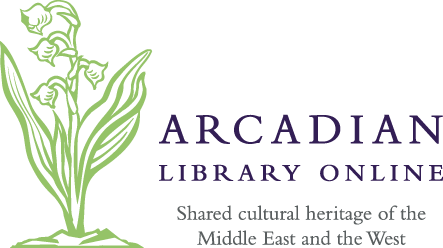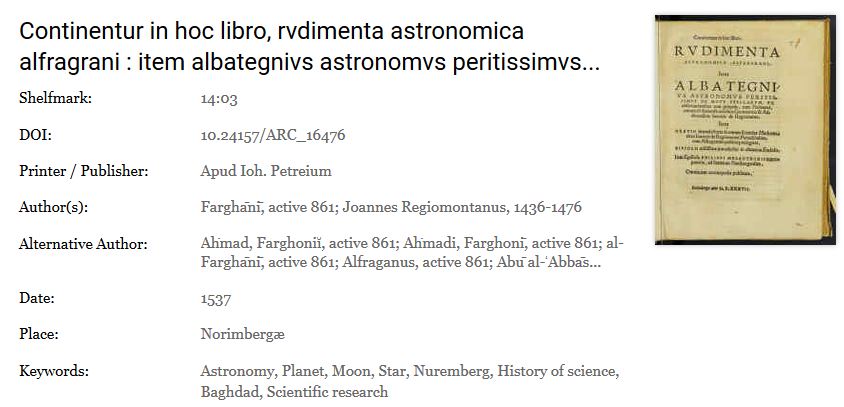Oxford medievalists are invited to trial Bloomsbury Medieval Studies.
This is a new interdisciplinary digital resource with a global perspective covering the medieval period. It brings together high-quality secondary content with visual primary sources, a new reference work and pedagogical resources into one cross-searchable platform, to support students and researchers across this rich field of study.
Specifically, the resource contains over 150 scholarly works (incl. primary texts, research monographs, companions) which have been published by Bloomsbury and other publishers such as IB Tauris, Arc Humanities Press, Amsterdam University Press.
It also contains a newly published reference work (The Encyclopedia of the Global Middle Age) and over a 1000 images sourced from collections in the British Library, Metropolitan Museum of Art and Senate House Library (London).
- Explore articles written by top international contributors in the newly commissioned and exclusive reference work, the Encyclopedia of the Global Middle Ages.
- Browse a library of over 150 eBooks ranging from primary texts to research monographs, companions, primary source readers and more.
- View 11 medieval maps from the British Library and newly digitized and rare incunabula & illuminated manuscripts Senate House Library, London.
- Discover a wealth of material culture object images from the Metropolitan Museum of Art.
- Navigate and contextualize key content by time and region using the interactive timeline.
The trial ends on 29 November 2019. Feedback should be sent to isabel.holowaty@bodleian.ox.ac.uk.




 Medievalists will be pleased to learn that you have access to the very newly published
Medievalists will be pleased to learn that you have access to the very newly published 







 s, reports, pamphlets and other publications from various Far-Right and Far-Left Political Groups in the US, Europe and Australia. Having this primary source material all together in one searchable database enables researchers to explore the origins and development of present-day issues, including the resurgence of right-wing politics, evolution of various civil rights movements and the nature of radical political thought.
s, reports, pamphlets and other publications from various Far-Right and Far-Left Political Groups in the US, Europe and Australia. Having this primary source material all together in one searchable database enables researchers to explore the origins and development of present-day issues, including the resurgence of right-wing politics, evolution of various civil rights movements and the nature of radical political thought.

 ad this great blogpost from the Institute of Historical Research on the global coverage of
ad this great blogpost from the Institute of Historical Research on the global coverage of 